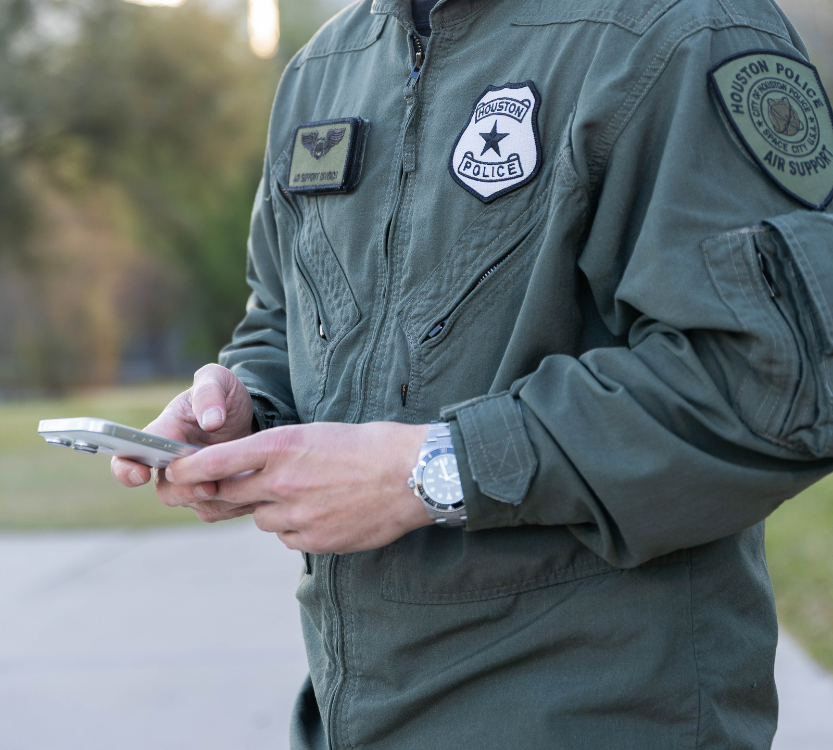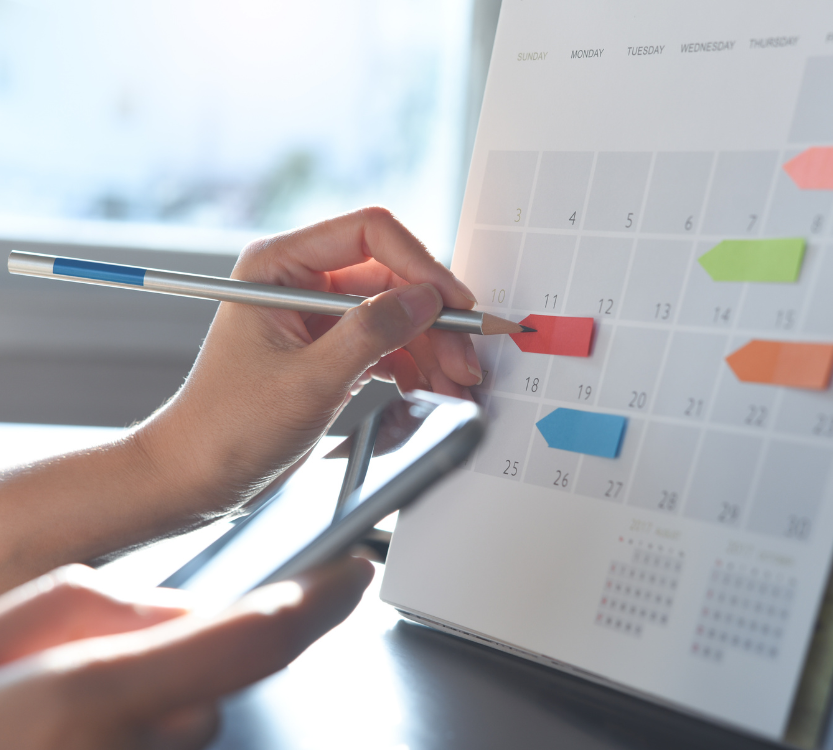Hurricane season is officially here, and in today's digital financial landscape, where a quick tap on your phone manages most of your money, it's easy to overlook what happens when the power goes out, cell towers are down, and internet access is lost.
That's why having a backup financial plan is more crucial than ever. When disaster strikes, you need access to funds and financial information.
Here’s how to build your hurricane financial preparedness plan:
1. "Cash is King”
In today's digital financial landscape, carrying cash is increasingly uncommon. However, in the immediate aftermath of a hurricane, cash becomes an absolute necessity. Your financial institution may be inaccessible due to blocked streets, ATMs could be out of service, and credit card machines won't function without power. Even if power is available, digital transactions may still be limited.
How can I prepare?
Before a storm hits, withdraw a reasonable amount of cash. Calculate what you'd need for several days of food, gas (if available), and other essentials, assuming digital transactions won't be possible. Store this cash securely in a waterproof location, and inside of a safe, for added protection.
2. Paper Trails
Even in our digital age, when all your statements are typically online, having physical copies of critical financial information can become essential after a disaster.
How can I prepare?
Collect a folder with printouts of essential financial details. This should include:
- Important account numbers (checking, savings, investment)
- Customer service numbers for your financial institution & all credit card companies (You might need these to report a lost card or inquire about emergency financial services)
- All insurance policy numbers & corresponding contact details (home, auto, flood, life)
- Any active loan information (mortgage, car, personal)
Store these printouts in a waterproof, easily accessible folder alongside your emergency cash. For security, keep this folder, especially given the sensitive financial information it contains, inside a safe.
3. Charge Up
In the chaotic aftermath of a hurricane, your smartphone can become a vital lifeline for managing your finances. Keeping your smartphone charged isn't just about entertainment, it's about maintaining access to your essential financial resources.
How can I prepare?
Invest in portable power banks and keep them fully charged. Ensure you have car chargers readily available. For extended outages, consider a solar charger to keep your devices running. A hand-crank charger, often integrated with emergency radios, offers a reliable trickle charge when all other power sources are exhausted. Remember, even with spotty cell service, you might find connectivity or Wi-Fi at a recovery center.
4. Review Your Insurance
A comprehensive insurance review is imperative for financial recovery in the event of a hurricane. Without adequate and appropriate insurance coverage, the path to recovery after a catastrophic storm can be significantly longer, more challenging, and in severe cases, financially insurmountable.
How can I prepare?
Before a storm hits, thoroughly understand your home, auto, and flood insurance deductibles and coverage limits. Familiarize yourself with your insurer's claims process so you know how to file a claim and what documentation you'll need (photos, receipts, etc.). Store digital copies of your policies in a cloud service you can access from anywhere and print a physical copy.
5. Emergency Fund
An emergency fund is a critical and foundational component of hurricane preparedness. Without a readily accessible emergency fund, individuals and families can find themselves in a critical financial position, hindering their ability to recover and rebuild effectively.
How can I prepare?
If you don't have an emergency fund, start building one now. Aim for at least 3-6 months of essential living expenses. In a hurricane's aftermath, you might face unexpected costs like temporary housing, repairs, or lost wages. An emergency fund acts as a financial buffer, providing peace of mind and allowing you to focus on recovery.
Don't Wait Until It's Too Late!
Hurricane season is a serious reminder that financial planning is crucial. By taking these steps now, you can significantly reduce the financial stress and disruption a storm can bring. Prepare your financial backup plan today!







